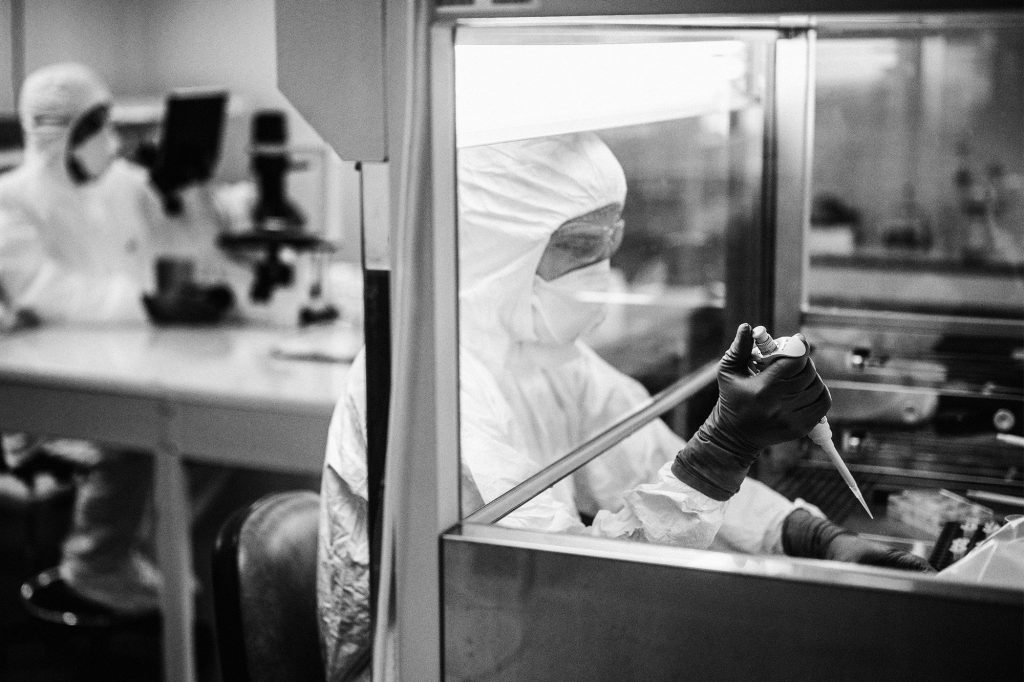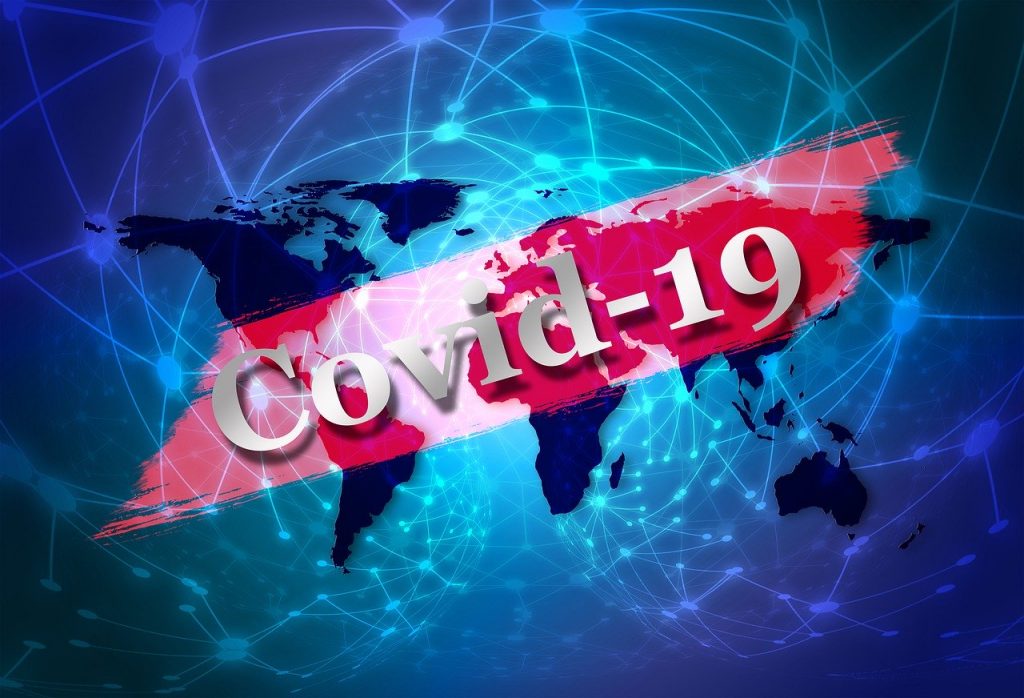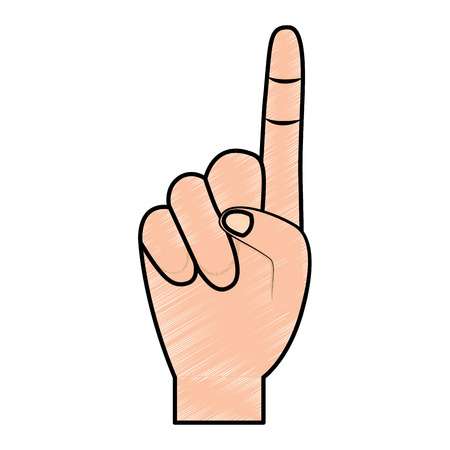A Yale researcher poised to start a crucial clinical trial received an ominous email from a pharmaceutical company. “There is undoubtedly a financial motivation,” he said—and there could be millions on the line.

The race to develop a COVID-19 vaccine is well underway, but given its extended timeline—12 to 18 months—the search for an existing drug to treat the virus is almost equally pressing. For many on the right, including the president, the method of choice was hydroxychloroquine, a malaria drug initially thought to combat the infection. But with a damning study out showing the drug is basically ineffective, and in fact may lead to increased death rates, even Fox News has quietly dispensed with that theory.
In New Haven, meanwhile, Dr. Joseph Vinetz, an infectious disease doctor at Yale School of Medicine, is seeking to launch a clinical study of the drug camostat mesylate, a generic medication approved in Japan to treat chronic pancreatitis that he hopes can be approved and marketed to treat COVID-19. If the trial succeeds, he said, this could be ”a total game changer.” But the process is proving fraught. Within hours of registering his trial on a National Institutes of Health website on April 20, he received an email from a large U.S. pharmaceutical company. “They are trying to take my project and engulf it for their proprietary [financial] gain,” Vinetz told me. “I take that email as a threat.”
Unlike hydroxychloroquine, camostat is a drug researchers believe may have promising effects on COVID-19. It’s also being studied in countries including Germany and Denmark. “The virus that causes COVID-19 requires a protein to get inside of the cells that line the respiratory tract,” Vinetz explained. In test tubes and in mice, he said, camostat has been shown to inhibit an enzyme that allows the virus to enter those cells. Another published experiment showed that camostat prevented mice from dying of the SARS virus. As of yet, there’s no data that shows how it could impact the novel coronavirus in humans. But if Vinetz’s study is successful, he hopes camostat can be administered both to infected COVID-19 patients and as a preventative.
The drug is manufactured in Japan; Ono Pharmaceutical, a massive company headquartered in Osaka, has committed to providing enough camostat pills for 300 patients over the course of Vinetz’s study. All he needs is FDA approval for the trial and his staff can begin testing. “We will be enrolling patients to come in daily for a swab test, receive medication, provide a symptom survey to ensure safety, and to look at any improvement [or lack thereof] after the drug or placebo is given,” he explained. “We will be closely following all participants, including looking at their oxygen levels by pulse oximeter to make sure that they do not need to be hospitalized.”
The email Vinetz received on April 20, after he registered the trial, threatened to throw a wrench in proceedings. In the email, a copy of which was reviewed by the Hive, a representative for a large pharmaceutical company wrote that the company was itself “exploring the opportunity with BARDA,” the Biomedical Advanced Research and Development Authority, “and others to conduct clinical trials testing camostat mesylate in COVID-19,” and noted that it has an “open IND,” essentially a permission slip from the FDA to conduct a clinical trial. The email proposed that Vinetz, who has applied for an IND but has not yet received it, would need access to data the company has received through its IND, and that he’d need a letter of authorization from the company to get it. “We would appreciate gaining a better understanding of your study,” the email continued, proposing a call to discuss the matter.
Vinetz said he interpreted the email to mean “you have to go through us.” “They seem to want me to have to work under their authorization,” he said. “I viewed it as a threatening email,” he reiterated. “There is undoubtedly a financial motivation.” He theorized that the company might be hoping to get camostat designated as an orphan drug. The Orphan Drug Act, which Congress passed in 1983, uses financial incentives to encourage the development of drugs that treat rare diseases. Among other things, said Dr. Marion Mass, a Philadelphia-based pediatrician and cofounder of Practicing Physicians of America, the act gives drug makers seven-year market exclusivity (meaning no other company can advertise the same version of the drug), a 50% tax credit on the cost of conducting clinical testing, and access to grants to conduct that testing.

In addition, a company studying a drug that’s been granted orphan status can apply for a voucher to speed up the FDA approval process by several months, getting the drug on the market faster—a prospect that lets companies turn a profit sooner. A company with a voucher can auction it off to other pharmaceutical companies, selling it to the highest bidder. “These [vouchers] are highly valuable and have been…worth tens or even more than $100 million,” Vinetz said. “I have a feeling that this pharma company wanted to do what Gilead did [with remdesivir] by applying for orphan drug status for camostat.”
U.S. pharmaceutical giant Gilead Sciences managed to get remdesivir, a broad-spectrum antiviral drug initially used to treat Ebola, designated as an orphan drug in March, when COVID-19 was still considered a rare disease. Some physicians say the drug initially showed promise in treating COVID-19 patients, but they caution that studies are inconclusive. As COVID-19 cases mounted, Gilead faced enormous public backlash for its handling of remdesivir, particularly after reports surfaced that it was difficult for critically ill COVID-19 patients to obtain the drug after Gilead halted its compassionate-use access. Later that month, Gilead posted a statement announcing that it “has submitted a request to the U.S. Food and Drug Administration to rescind the orphan drug designation” and “is waiving all benefits that accompany the designation.”
“There was a rapid, vociferous, and powerful public outcry because the implications for possible profiteering were concerning,” Vinetz said of Gilead. Dr. Purvi Parikh, an immunologist and allergist in New York City, noted that “Those are bad optics for the company during a pandemic, to have a monopoly on a lifesaving drug.”
A biotech venture capitalist told me that, while they do not have direct evidence that big pharma is meddling in trials of drugs to treat COVID-19, “I have heard from several sources that they are muscling in and sequestering patients and trial sites. Pharmas have a lot of money and political clout to monopolize the infrastructure for clinical trials.” In fact, they noted, innovative drugs just as often come from small biotech labs and universities, not pharmaceutical companies. But in most cases, funding goes to “politically connected players and big businesses rather than…the small firms and even nonprofit entities that could achieve a lot with even a small slice of that financial pie.”
Mass, the Philadelphia-based pediatrician, said pharma uses “perverse incentives and mountains of existing cash to seize the sole source control of an arena,” citing Gleevec, Novartis’s best-selling leukemia treatment, funded by U.S. taxpayers through National Institutes of Health grants and support from the Leukemia & Lymphoma Society. “This daily medication is the difference between life and death for so many people, but only if they can afford the $97 per pill for the name-brand version,” Mass said. “Other companies are likely doing research; they got to the finish line first.” She noted that some pharmaceutical companies do a lot of good, but “the quasi monopoly circle has been built by decades of perverse incentives created in Washington, D.C.”

Dr. Jennifer Bryan, a Mississippi-based doctor and chairman of the board of trustees for Mississippi State Medical Association, listed a myriad of problems with big pharma’s vice grip on the industry, such as overseas drug production, which in some cases has led to recall, and monopoly patents, meaning companies can ratchet up the prices of drugs for consumers. “It’s disheartening to learn that this disruptive influence may be happening at the level of trying to intimidate research and corner a market on potential COVID-19 therapies,” she said, “but it isn’t surprising.”
Regardless of the hurdles, Vinetz said he’s willing to go to the mat to protect the camostat trial. “Maybe they thought I was naive,” he said. “I have the entire clinical trial regulatory machine of Yale behind me.”

